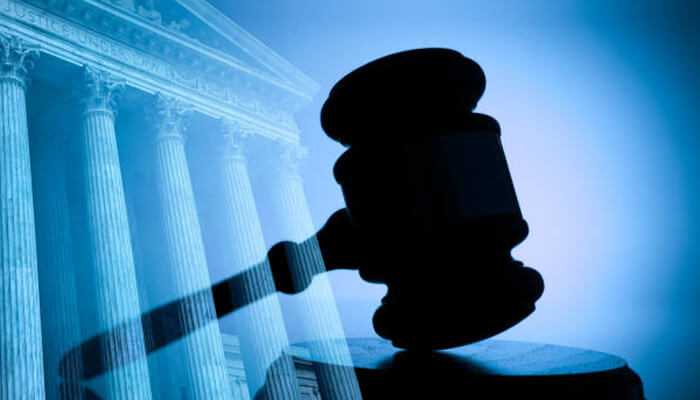The Supreme Court debated whether the federal bankruptcy code would allow a contentious deal that would shield members of the Sackler family. Who owned Purdue Pharma, from ongoing and future opioid-related civil lawsuits in exchange for billions of dollars for victims of the opioid epidemic for nearly two hours on Monday morning?
The majority of those who would file civil lawsuits against the Sackler family have backed the agreement. So why should the justices question it? This was one of the main points of contention raised by justices from both ideological camps during the case’s oral arguments. Which mostly focused on the technical legal debate over whether the bankruptcy court judge erred in approving the plan.
Liberal Justice Elena Kagan once remarked, “It’s overwhelming, the support for this deal—and among people who have no love for the Sackler family”. “Among those who believe that the Sacklers are among the worst people on the planet”. They believe the agreement they have negotiated is the best they can get.
In a similar vein, Justice Brett Kavanaugh focused on the victims of the opioid epidemic. At one point, the conservative judge criticized the Justice Department attorney for failing to bring them up right away in his opening argument.
“The victims of opioids were not mentioned in your opening. The plan has received overwhelming approval from families. Victims of opioid abuse because they believe it will guarantee timely payment. Therefore, for thirty years, bankruptcy courts have approved plans similar to this under those specific circumstances, he said.
Subsequently, conservative Justice Clarence Thomas questioned the legitimacy of the US Trustee’s ability to challenge the plan, given that it acts as a watchdog over bankruptcy cases.
Why can you enter a situation where there is such a broad consensus and change it? He enquired.
Curtis Gannon, the DOJ attorney, claimed that the trustee was granted this authority by federal law. He stated, “The trustee is expressly authorized to raise issues in a Chapter 11 proceeding, and the trustee does this in hundreds of cases a year, but the trustee cannot initiate a Chapter 11 proceeding.”
Thousands of protestors gathered outside the Supreme Court building on Monday to watch the arguments. Some of them carried signs that read, “Deadliest white collar criminals: The Sackler cartel” and “My dead son does not release Sacklers.”
Later on Monday morning, a lawyer for some of the epidemic victims dramatically emphasized to the justices that if the court rejects the agreement, there will be very little compensation for any party involved in a barrage of civil suits against the Sackler family from states and individual victims. This made the justices appear particularly rattled.
Fundamentally, the Supreme Court is confronted with a matter of great national significance: what will happen to a business and its executives who created and advertised OxyContin, a highly addictive medication, during the nascent stages of the opioid crisis that has taken the lives of hundreds of thousands of Americans and devastated countless more? and if victims could ever bring the Sacklers before a judge once more



